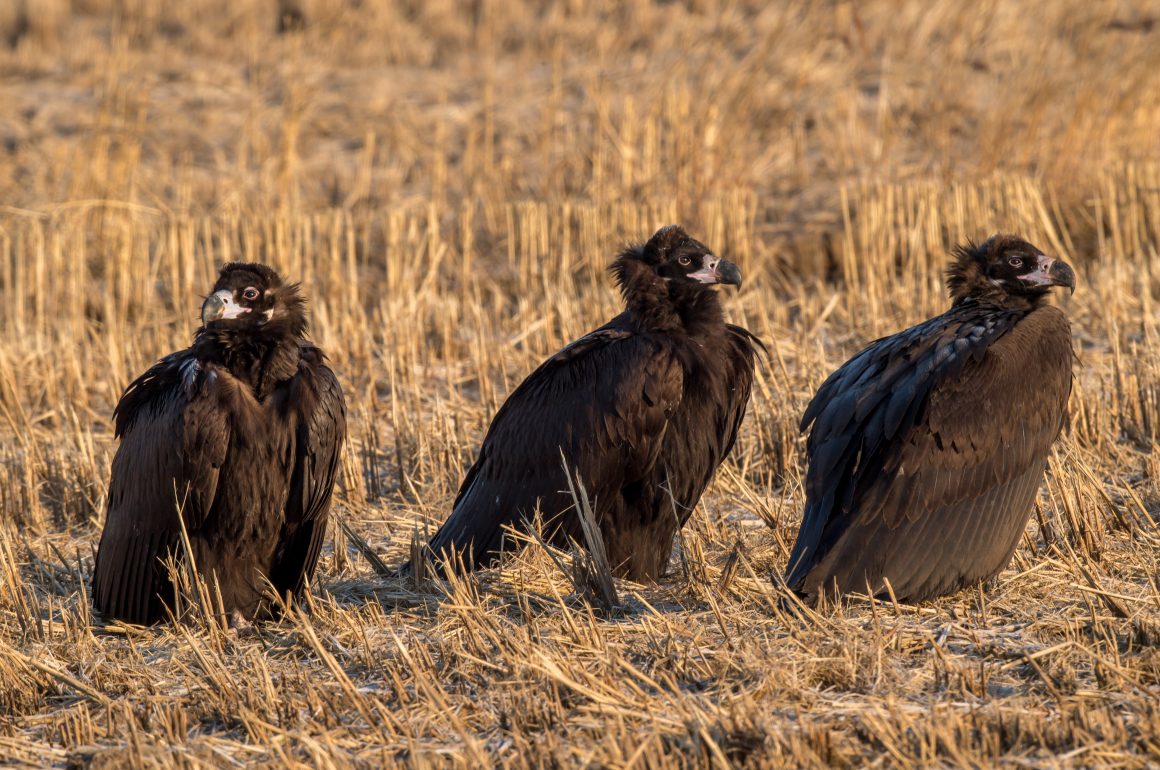
One of the minor challenges of writing a blog post for 10,000 Birds is to come up with a title. Now, I usually go for the most boring ones imaginable, such as “Birding XY in [season]”. Underpromise and overdeliver, as I would say if I was a McKinsey consultant (I swear to god I never was one). But occasionally, that gets – well – a bit boring. Alternatively, there is the option of choosing exciting titles that alas have only a spurious connection to the post itself (the third option, choosing a title that is both fitting and interesting, seems to be out of reach for me most of the time).
So, this is a post about vultures. For a management consultant like me, the first association with vultures is vulture capitalism (hardly fair to the birds, I know). However, having seen these birds in Shanghai in the past week or so, capitalism does not seem to sound right. So, vulture socialism it is – or “vulture socialism with Chinese characteristics”, to give you the full title. I promise the blog post will not again refer to socialism. Trump voters, you can read on without compromising your ideals.
Cinereous Vultures currently winter on Chongming Island, which is technically part of the city of Shanghai but quite a distance away from the highrises of the city proper. Interestingly, the birds chose not to stay in the Bird Reserve but a few kilometers outside, possibly doubting that birds with their reputation will be welcomed in the reserve. In any case, the vultures do not seem to have a subscription of Birds of the World, having chosen a wintering location that is well outside the published range map (though admittedly it is mentioned that the vulture winters in Eastern China in very small numbers – three to be exact in the case of Chongming Island).
From far away, the vultures look like big black plastic bags left in the field. Only once you come closer, they reveal themselves as birds.
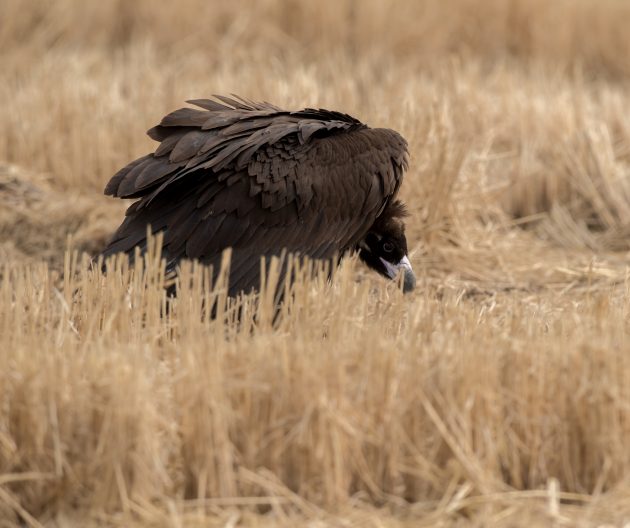
Kai`s knowledge corner: The Cinereous Vulture is near threatened, with a “moderately small population apparently suffering continued decline in Asiatic strongholds, though numbers in parts of Europe increasing”, and an estimated global population of 7200–10,000 pairs. The word “cinereous” apparently means “ash-grey” (especially of hair and feathers).
Is “ash-grey” really the first impression you get from this bird?
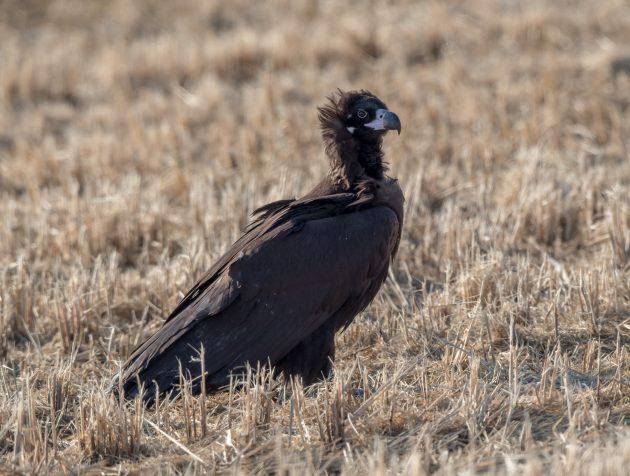
It is a bit unclear to me what the birds live on – the area is mostly composed of open fields and a number of fish ponds. Do they eat dead fish? Or just dead ducks? There are no bigger mammals around there. Anyway, it is impressive to see them cruising in the sky.
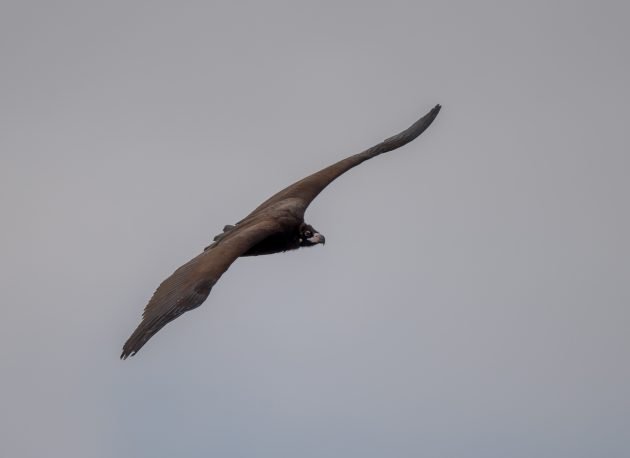
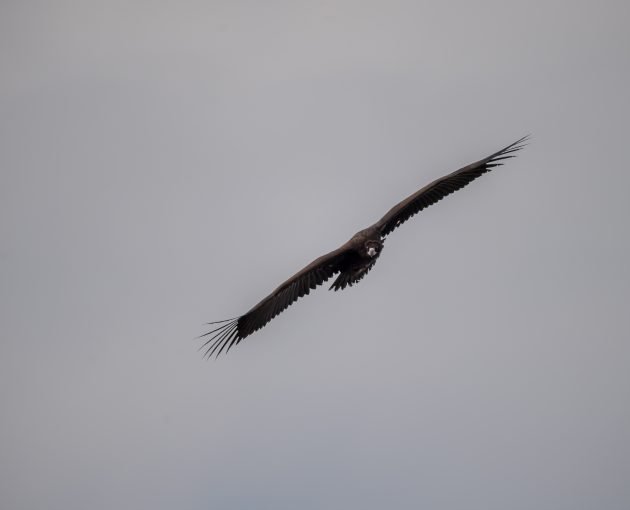
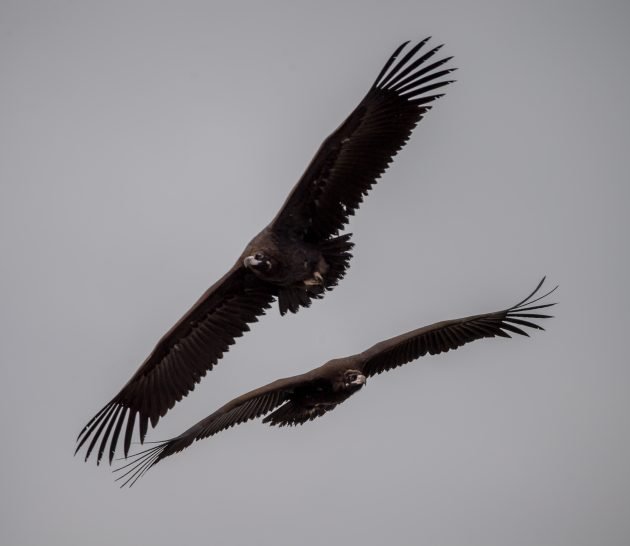
So far, the three vultures seem safe, though a local fisherman told me that there used to be four of them earlier. Let`s hope that they will survive the winter despite the Birds of the World warning that “in China, many are trapped or shot for their feathers”. These feathers look nice indeed, particularly on live birds.
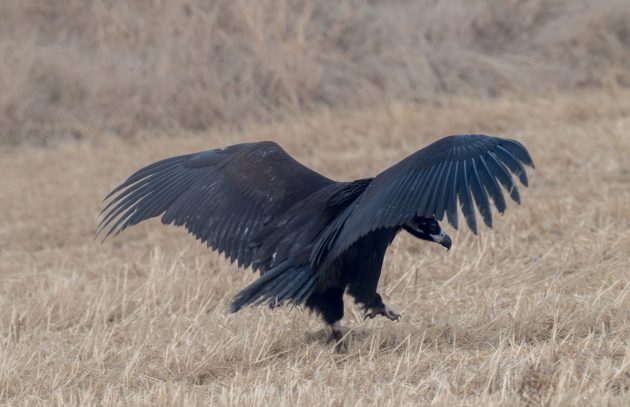
On the first day of 2021, the vultures asked me to take some group photos. Maybe they need them for a company brochure, or something. I did not ask.
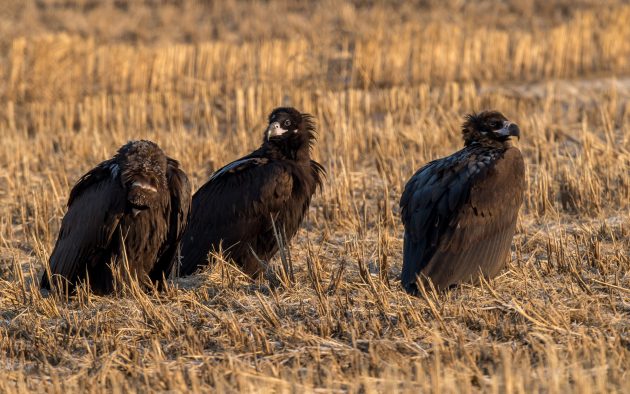
Of course, there were the initial issues portrait photographers face all over the world. Why can`t you just all look in the right direction?
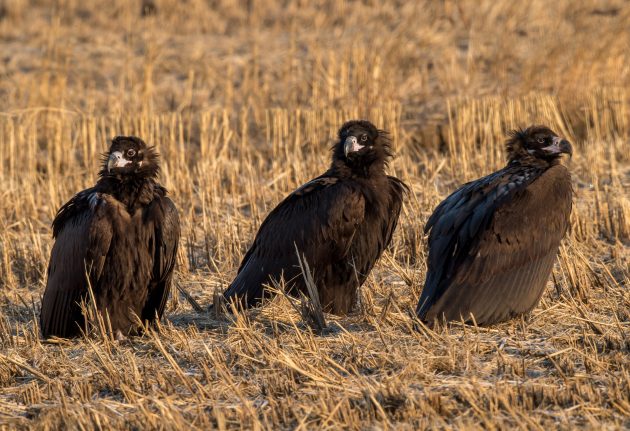
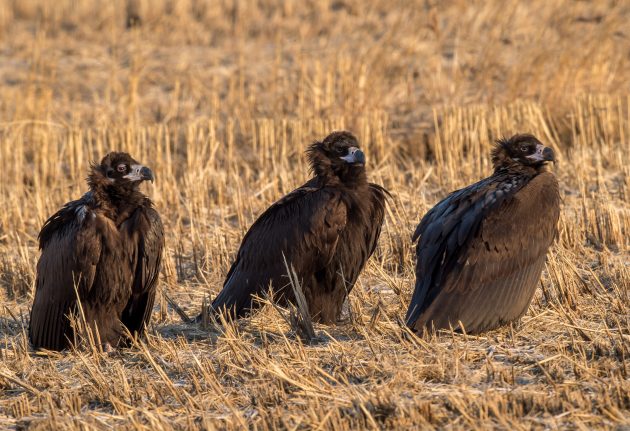
But finally, the vultures were happy with the results, stating that the photo makes them look very dignified. I agree.
We also got to do some “Taxi Driver” reenactments. “You talkin` to me?”
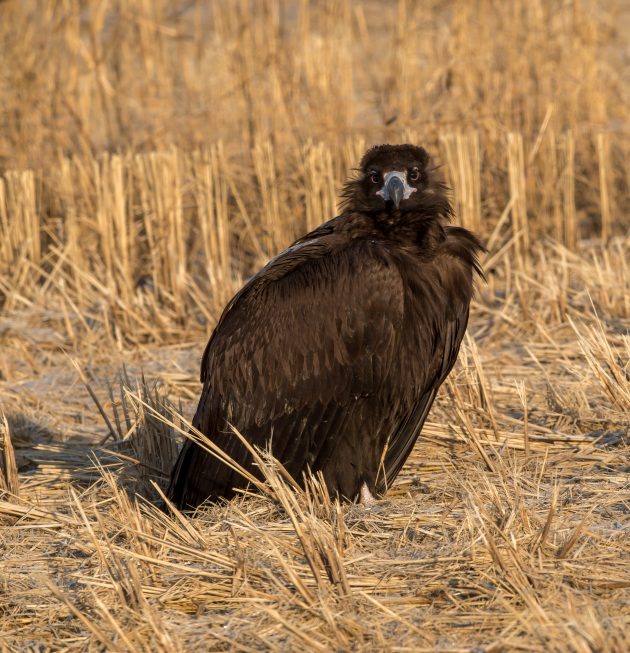
Part of the attraction of this vulture for me is in its almost cartoon-like face. Of course, nowadays it is easy to further enhance this effect without having any cartoon drawing skills.

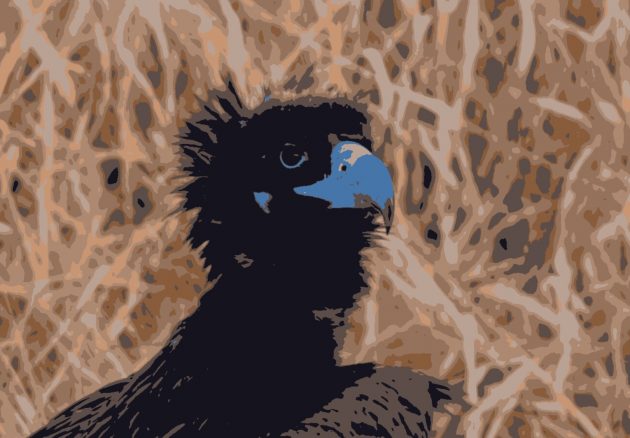
Weathering the Shanghai winter is not a problem. In fact, the frost on the feathers looks quite attractive.
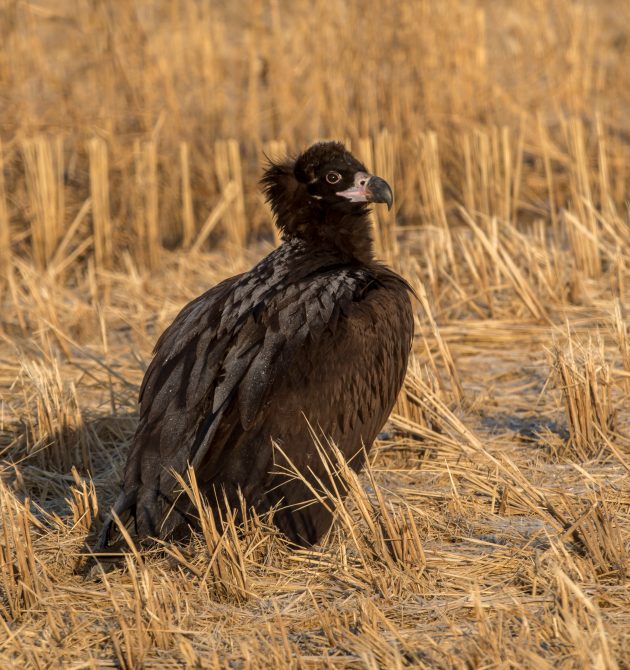
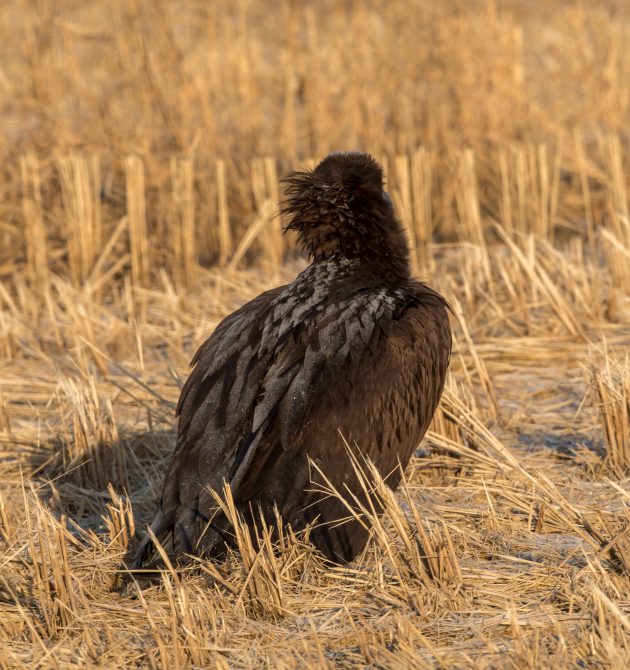
“What did you say?”
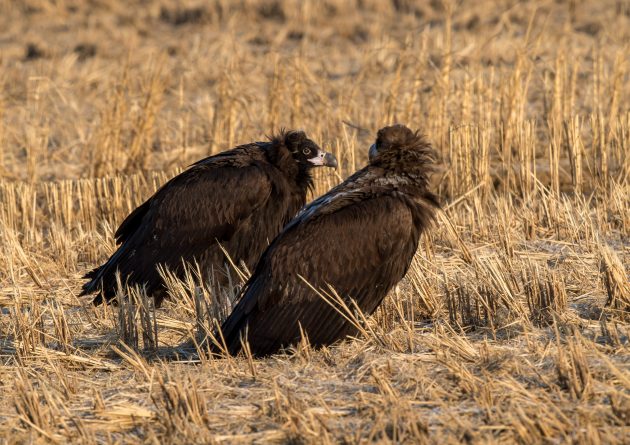
So, these birds seem to get along pretty well. Vulture socialism at its best.
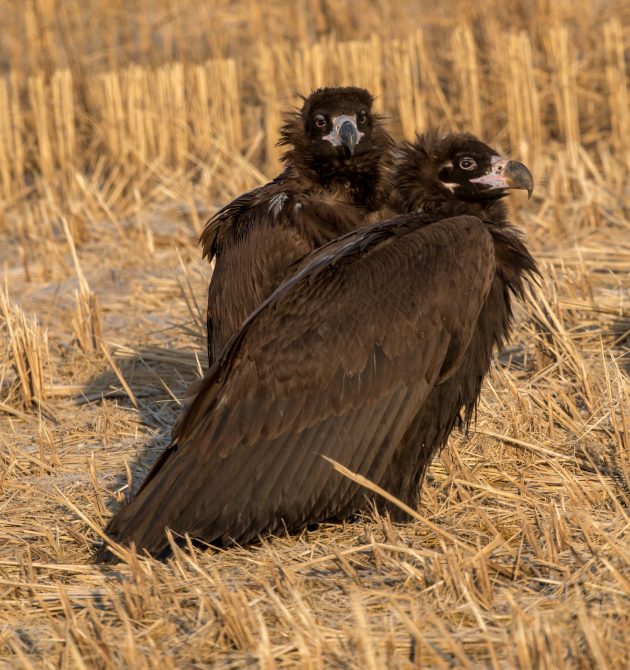

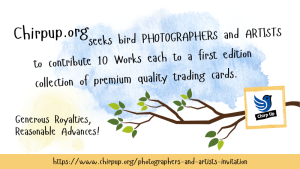
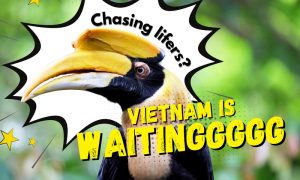

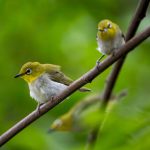
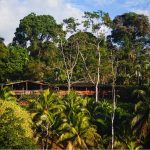
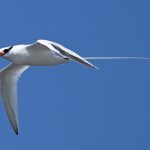
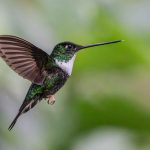
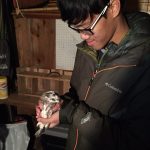
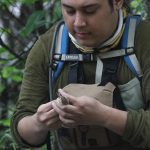

Love your posts. amateur birder here in Montana, USA.